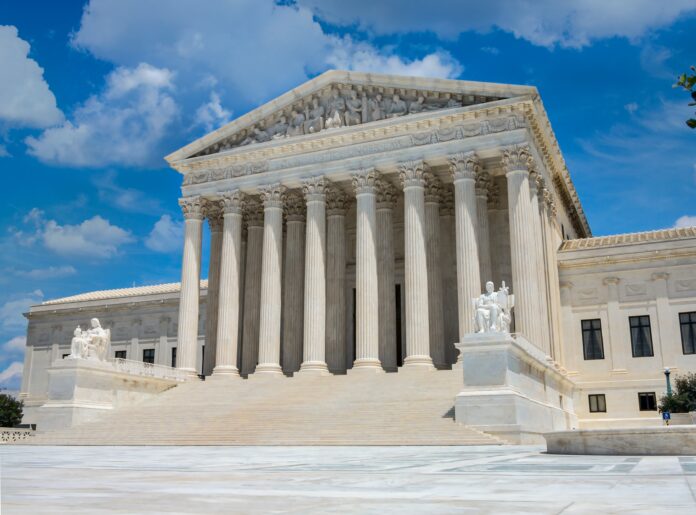On October 31, 2022, the Supreme Court of the United States will hear oral arguments for two court cases on affirmative action: Students for Fair Admissions (SFFA) v. Harvard and SFFA v. University of North Carolina. The petitioner, SFFA, is asking the Court to overturn over forty years of established law, which upholds the legal precedent of considering race as one of many factors in a holistic and individualized admissions process for institutions of higher learning. By trying to ban affirmative action in higher education, SFFA attempts to roll back civil rights and further marginalize communities of color despite longstanding and widely acknowledged inequalities in our educational system. And when claiming to represent the interests of Asian American students, SFFA fails to acknowledge the rich diversity within the AAPI community and how all students, regardless of their race, benefit educationally from the diversity of their fellow classmates.
As students at colleges and universities across America, we unilaterally reject SFFA’s arguments on affirmative action. The inclusion of students from all paths of life has and will continue to contribute to the diversity of the student body, which benefits all students by affirming the importance of our histories and experiences, by allowing us to become more thoughtful and critical thinkers, and opening pathways to professional opportunities that have too often been reserved for those with more privileges and resources. We, the undersigned, believe that race-conscious college admission policies support racial equity in education. We collectively call upon our respective institutions to publicly declare their support for affirmative action in higher education. To students, alumni, and other community members at our institutions, we urge you to support our call to action, and put pressure on your individual campuses and administrations to explicitly support affirmative action. Allies must take an active stance against all levels of inequalities in our society through active participation and education.
Students of color are systematically afforded fewer opportunities to amass the traditional credentials valued by universities, but are nonetheless qualified to compete for university admission. Without affirmative action, the number of students of color from marginalized backgrounds will drop drastically: research findings have established that admission rates of Black, Latine, and Native students consistently fall by 50 to 60% after bans on affirmative action policies.
There are immeasurable benefits to attending universities alongside a diverse group of peers. Research in stereotype threat and stigma consciousness statistically shows that academic performance and college graduation gaps shrink between white students and students of color when students study in diverse environments and experience critical mass with communities of color on campus. Three amicus briefs signed by 82 major American businesses and business organizations, in support of Harvard, stated that they highly value the contributions of those educated in a diverse environment. Econometrician and Nobel Economics Prize winner David Card also proved in his 2017 expert report for the United States District Court for the District of Massachusetts that Harvard’s admissions process shows no statistical significance or validity with SFFA’s claims that Harvard discriminates against Asian American applicants. It is of the utmost importance to secure a representative student body because a true college education, not to mention personal growth, takes place both inside and outside the classroom—affirmative action helps to do just that.
But our work does not end here: we invite all students to join us for a peaceful protest on the steps of the Supreme Court on Monday, October 31. Educate yourself and your colleagues using this activism toolkit, sign up to receive free mobilization resources by joining the student working group on affirmative action. Join the movement to #DefendDiversity and #AffirmOpportunity today.
To sign this statement, please go to tinyurl.com/aaxnsignon.
Angie Shin is a member of the Harvard University Class of 2023. Jennifer Lee is a member of the Princeton University Class of 2023. Hannah Lee is a member of the Princeton University Class of 2024.


